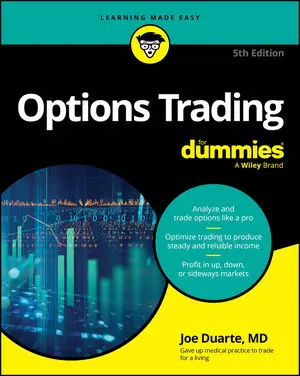| Analysis by Company A | vAnalysis by Company B | Analysis by Company C |
| Buy | Strong buy | Recommended list |
| Outperform | Buy | Trading buy |
| Neutral | Hold | Market outperformer |
| Underperform | Sell | Market perform |
| Avoid | Market underperformer |
Unfortunately, when it comes to stock analysts, if the information is free, it’s probably no better than that free lunch you’re always looking to find. Someone has to pay the analyst, and if it isn’t you, you must find out who is footing the bill before you use that advice to make decisions.
The best way to use analysts’ reports is to think of them as just one tool in your bucket of trading tools. Analysts are one good way to find out about an industry or a stock, but they’re not the final word about what you need to do. Only your own research using fundamental and technical analysis can help you make your investment decisions.
Tracking how a company’s doing
Analysts are good resources for finding historical data about how a company or industry is doing. Their reports usually summarize at least five years of data and frequently provide a historical perspective for the industry and the company that goes back many more years. In addition, analysts make projections about the earnings potential of the company they’re analyzing and indicate why they believe those projections by including information about new products being developed or currently being tested at various stages of market development.These reports help you track how a company is doing so you can find the gems that may indicate when to expect a company to break out of a current trading trend.
For example, if an analyst covering a pharmaceutical company mentions that a new drug is under consideration by the Food and Drug Administration, you may look for news stories about the status of that drug and monitor the stock for indications that drug approval may soon be announced. Watching the technical charts may help you jump in at just the right time and catch the upward trend as positive news is announced. Stocks usually start to move in advance of news.Providing access to analyst calls
In addition to reading reports, you can track companies by listening in on analyst calls. Some calls are sponsored by the companies themselves to review annual or quarterly results, and others are sponsored by independent analysts.Company‐sponsored calls
Analyst calls sponsored by companies more often are earnings conference calls primarily for institutional investors and Wall Street analysts. They occur on either a quarterly, semiannual, or annual basis and can be the richest sources of information concerning a company’s fundamentals and future prospects.Senior management, which usually includes the chief executive officer (CEO), president, and chief financial officer (CFO), talks about their financial reports and then answers questions during these calls. The calls sometimes are scheduled to coincide with announcements of major changes in a company’s leadership or other breaking news about the company.
After a formal statement, senior management answers questions from analysts. That’s when you usually can get the most up‐to‐date information about the company and how management views its financial performance and projections.
Access to these calls used to be limited to professional analysts and institutional investors, but today more than 97 percent of companies that sponsor analyst calls open them to the media and individual investors, according to a survey conducted by the National Investor Relations Institute.
This change primarily is credited to the SEC’s Fair Disclosure (FD) Regulation, which requires companies to make public all major announcements that can impact the value of the stock within 24 hours of informing any company outsiders. This rule helps level the information playing field for individual investors.Analysts no longer can count on getting two or three days of lead time on major announcements, which heretofore helped them inform major investors about company news. Often that amount of lead time enabled analysts to recommend buy or sell decisions to their key clients, but that same practice hurt small investors and traders who weren’t privy to the news.
Some complain this new rule actually hurt the flow of information because companies clammed up in private conversations with analysts, making it harder for the analysts to write their investigative reports. Since the regulation first took effect in 2000, the fair disclosure rule has helped to level the information playing field.






